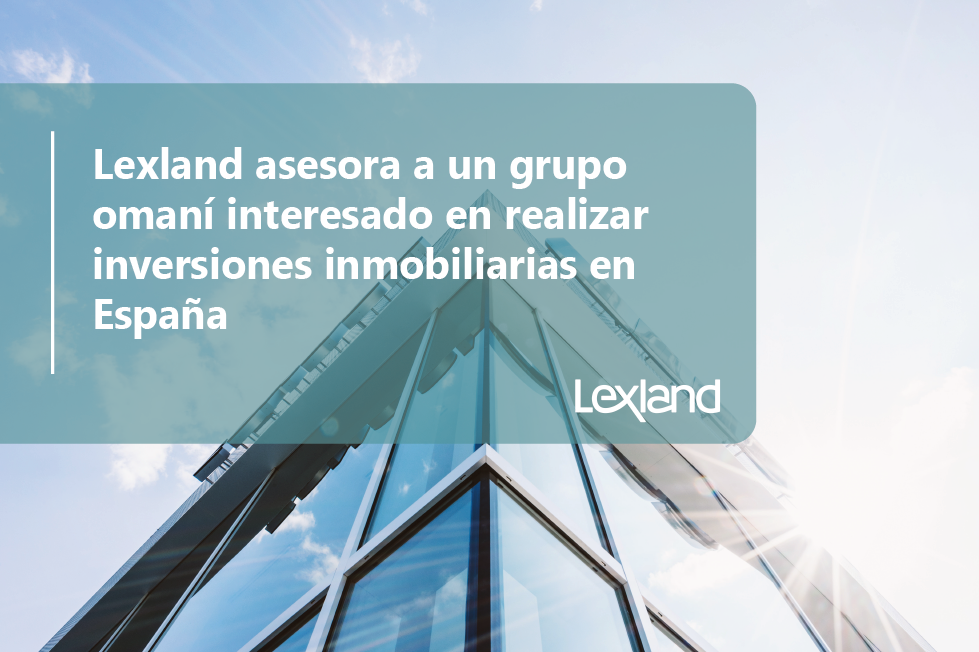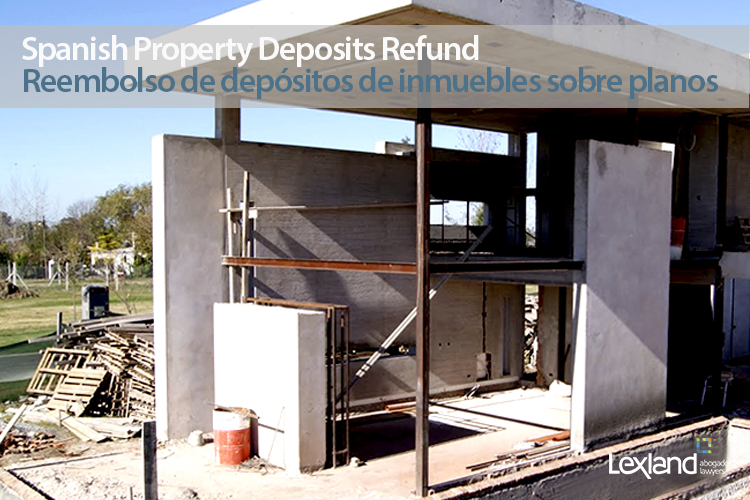¿Cómo se gravan los “Trusts” en España?How are the Trusts taxed in Spain?
¿Es usted titular de un Trust en el extranjero?, ¿está interesado en constituir uno?, ¿desea saber qué cantidad de impuestos pagaría en España o incluso si usted debe o no pagarlos? Si es este su caso o simplemente desea conocer un poco más acerca de este desconocido vehículo de inversión no deje de leer este artículo.
¿Qué es el Trust?
La Administración fiscal británica define el Trust como una obligación jurídica por la que un Settlor o Consituyente entrega a otro llamado Trustee, un elemento patrimonial para que este último lo administre por un tiempo y fin determinados, generalmente en beneficio de uno o varios Beneficiarios.
Existe una relación de confianza entre Settlor y Trustee, al igual que en el negocio fiduciario (negocio de confianza), pero tiene una característica distintiva: el desmembramiento del derecho de la propiedad. Los derechos formales, tales como la propiedad, (legal ownership) corresponden al Trustee, y los derechos materiales o económicos, tales como la Renta del inmueble en cuestión, (equitable ownership) a los Beneficiarios. Esto último permite disociar un solo patrimonio, y salvaguardar la parte afecta a dicho Trust la responsabilidad del constituyente frente a terceros, algo que no es posible en España y de ahí su falta de reconocimiento.
¿Está el Trust jurídicamente reconocido en España?
En España, el mayor obstáculo que encontraremos es la inexistencia de una normativa mínima sobre el Trust y, por ello, su consiguiente falta de reconocimiento.
Existen unas vagas referencias en el ordenamiento jurídico español. Dichas referencias se encuentran en el artículo 781 y siguientes del Código Civil relativas a la sustitución fideicomisaria, teniendo en cuenta la particularidad de la creación de un patrimonio separado en el Trust. Incluso existe un Convenio de la Haya de 1985 acerca del reconocimiento del Trust, no ratificado por España hasta la fecha.
¿Cuál es su tratamiento fiscal en España?
Como consecuencia lógica de la falta de reconocimiento del Trust por el derecho español se deriva su incapacidad para ser sujeto de derechos y obligaciones, lo que excluye su pasividad fiscal: es decir, el Trust no estará sujeto a la tributación que le correspondería ante la producción del hecho imponible.
Dicho lo anterior, puede pensarse que los beneficios obtenidos por el Trust no tributan en España. No obstante, esto no es así y se corre el riesgo de que las rentas obtenidas se imputen directamente a los beneficiarios o al Settlor, por ello es muy importante analizar cada situación para dar soluciones concretas.
En definitiva, el Trust no sería sujeto de imposición, sino que serían o su constituyente o sus beneficiarios los que hubiesen de tributar por las operaciones que llevaran a cabo a través del Trust.
En Lexland Abogados tenemos un equipo de expertos en la materia que estará siempre a su disposición para cualquier consulta, asesoramiento o gestión de tal forma que obtenga el máximo rendimiento tributario en sus inversiones y operaciones comerciales.
Do you hold a trust abroad? Are you interested in setting-up a trust and wish to know what tax you have to pay in Spain or whether you should pay it at all? If this describes you, or you just wish to know more about the legal figures we strongly recommend you to read this article.
What is a Trust?
The British Tax Administration defines the Trust as a legal obligation by which a settler transfers to a trustee an asset or a fund without legal personality so that the latter administrates it for a given time and for specified purposes, generally for the benefit of one or various beneficiaries.
There is a relationship of trust between the Settlor and the Trustee, just as in the fiduciary business, but it has a distinguishing feature: the beak up of the property right. The legal ownership belongs to the Trustee while the equitable ownership i.e. the economic and material rights such as the rent income from the immovable property is in the beneficiaries’ hands. This makes possible to dissociate an estate and shield the part dedicated to the Trust, the Settlor’s liability to third parties, which otherwise is not possible in Spain and therefore its lack of recognition.
Is the Trust legally recognised in Spain?
The major obstacle that we find in Spain is the absence of a minimum legislation with regards to the Trust and this inevitably leads to its lack of recognition.
There are a few vague references in the Spanish legal system. These are found in the articles 781 et seq. of the Spanish Civil Code regarding the ‘sustitución fideicomisaria’, bearing in mind the particularity of a separate estate in the Trust. There is even a Hague Convention of 1985 concerning the Trust, which is yet to be ratified by Spain.
What is Trust´s tax treatment in Spain?
As a logic consequence of its lack of recognition by the Spanish legal system, the Trust hasn’t got sufficient legal capacity to enjoy rights and be subject to obligations which exclude its tax liability.
Having said that, one might presume that the benefits obtained by the Trust are not subject to tax liability in Spain. However, this is not the case since you could run the risk of the income being directly imputed to the Beneficiaries or the Settlor. For this reason it is very important to analyze each possible scenario to find the right solution.
In conclusion, the Trust wouldn’t be subject to tax liability, unlike the Settlor or Beneficiaries who might have to pay taxes for the business operations performed trough Trusts.
At Lexland Lawyers we have a team of expert lawyers in the tax and fiscal department who are at your entire disposal for any query related to Trusts, taxation or any other fiscal related matters. Our goal is to make sure you obtain the maximum tax efficiency in your investments and commercial business.












